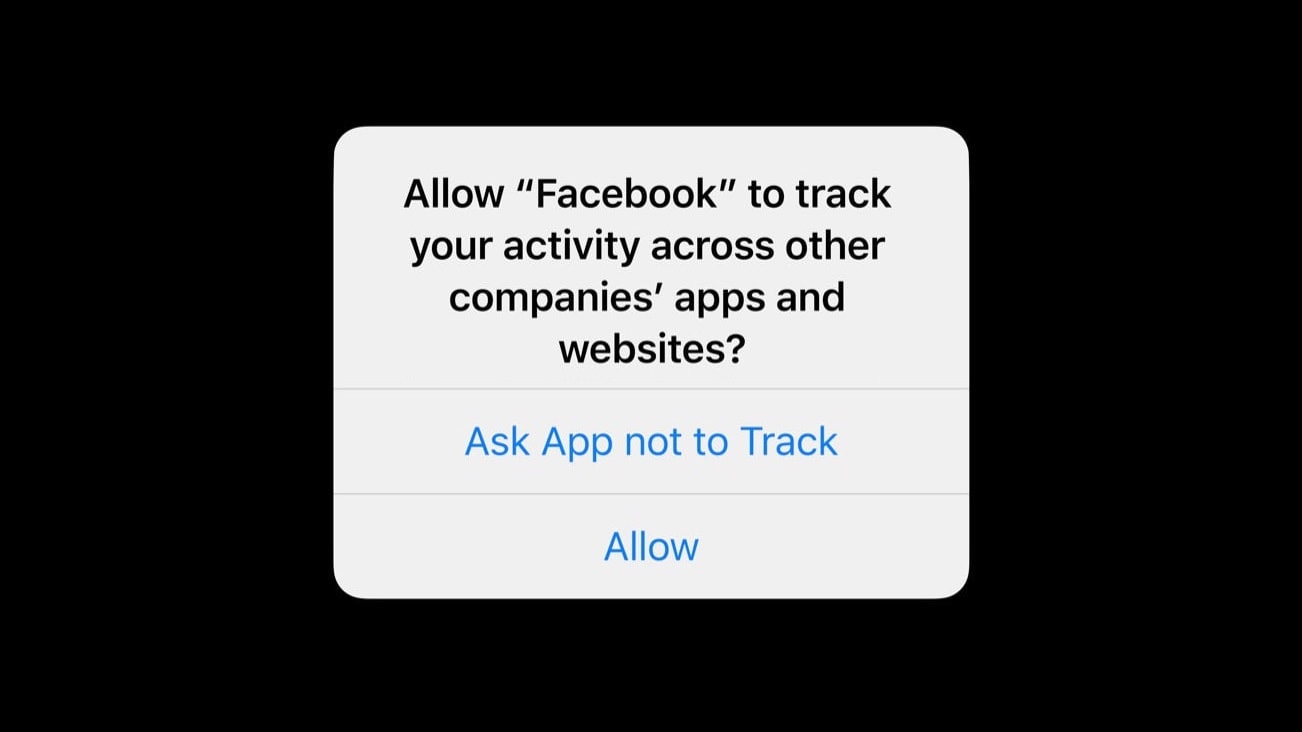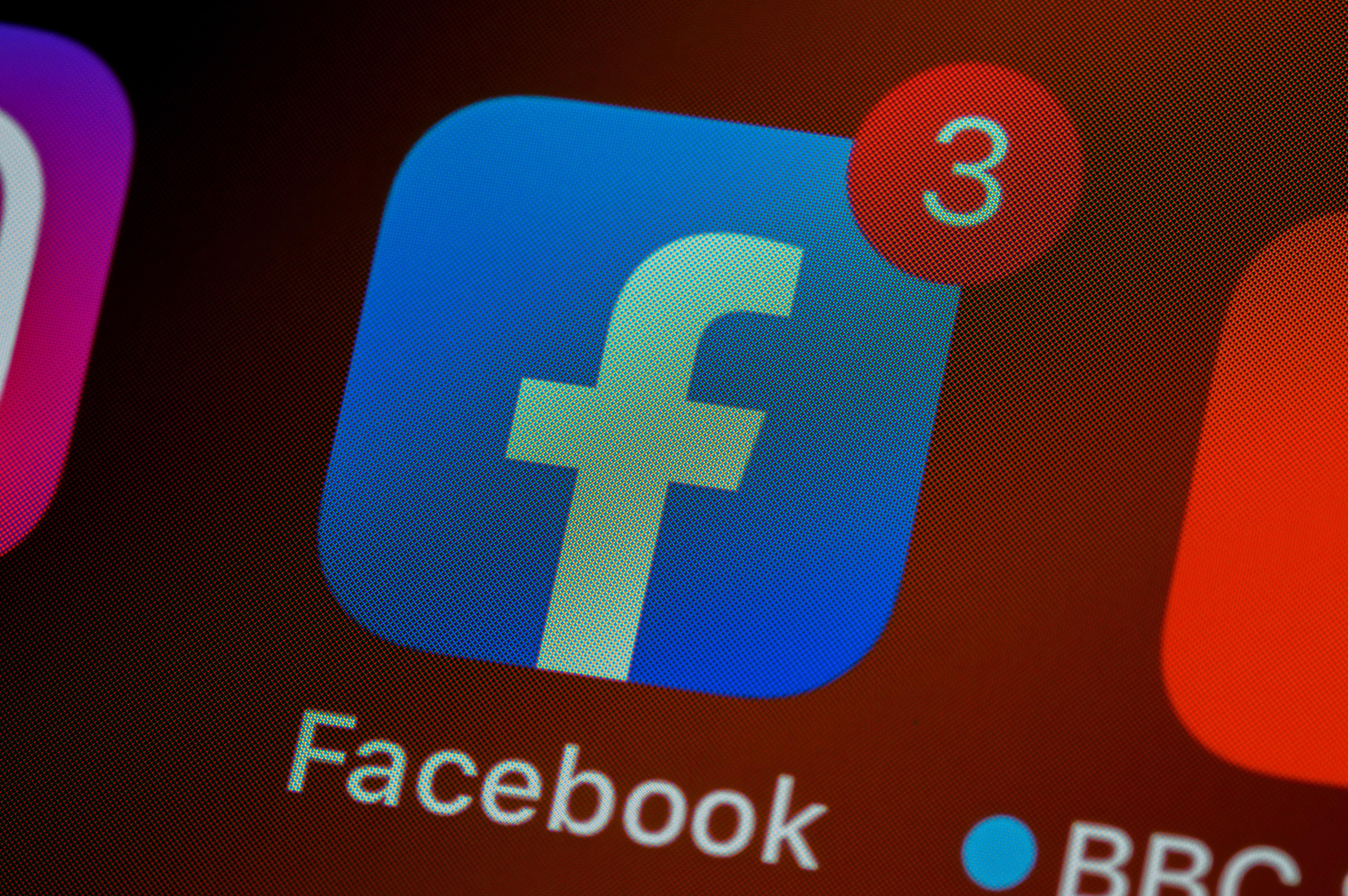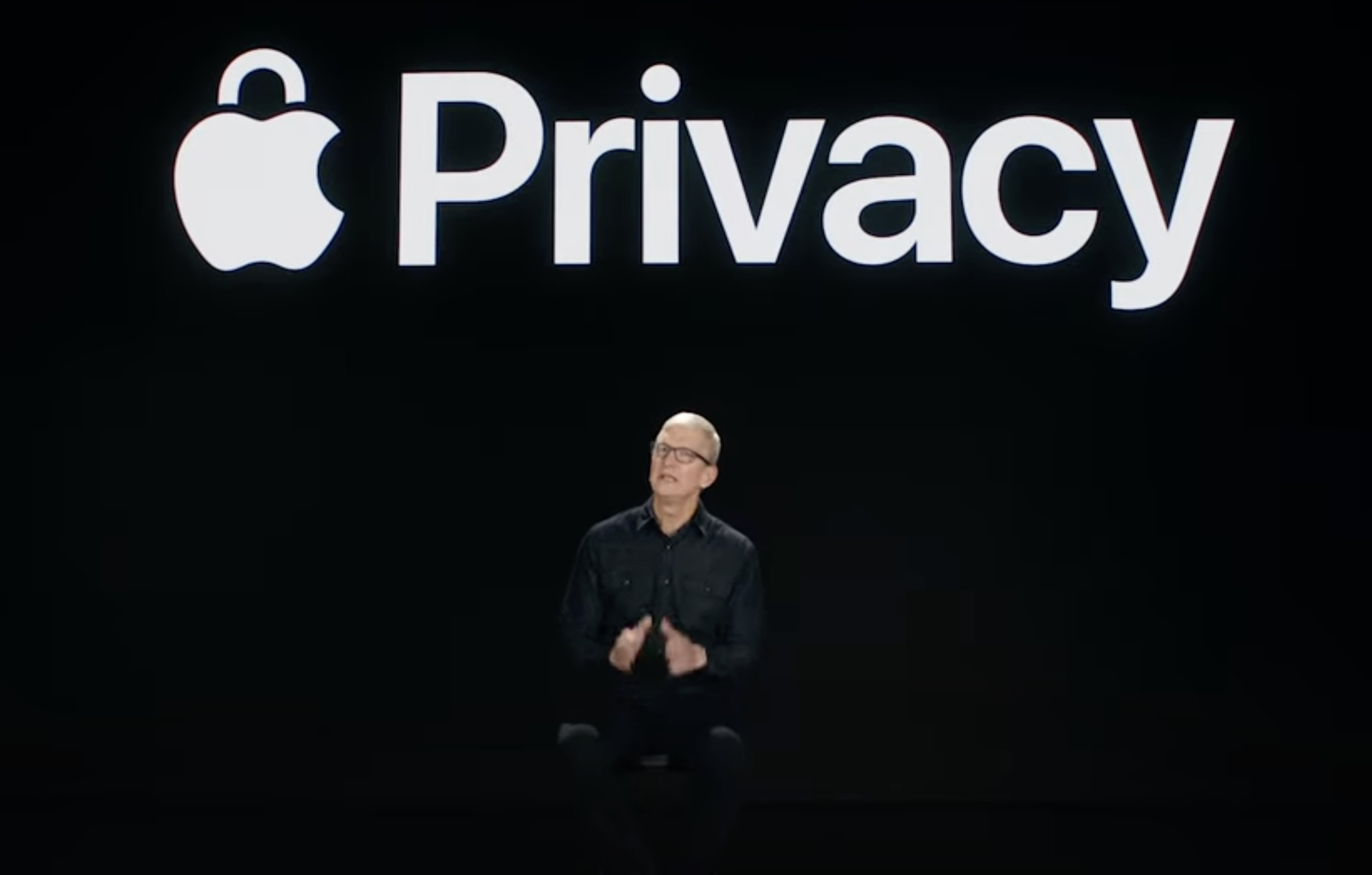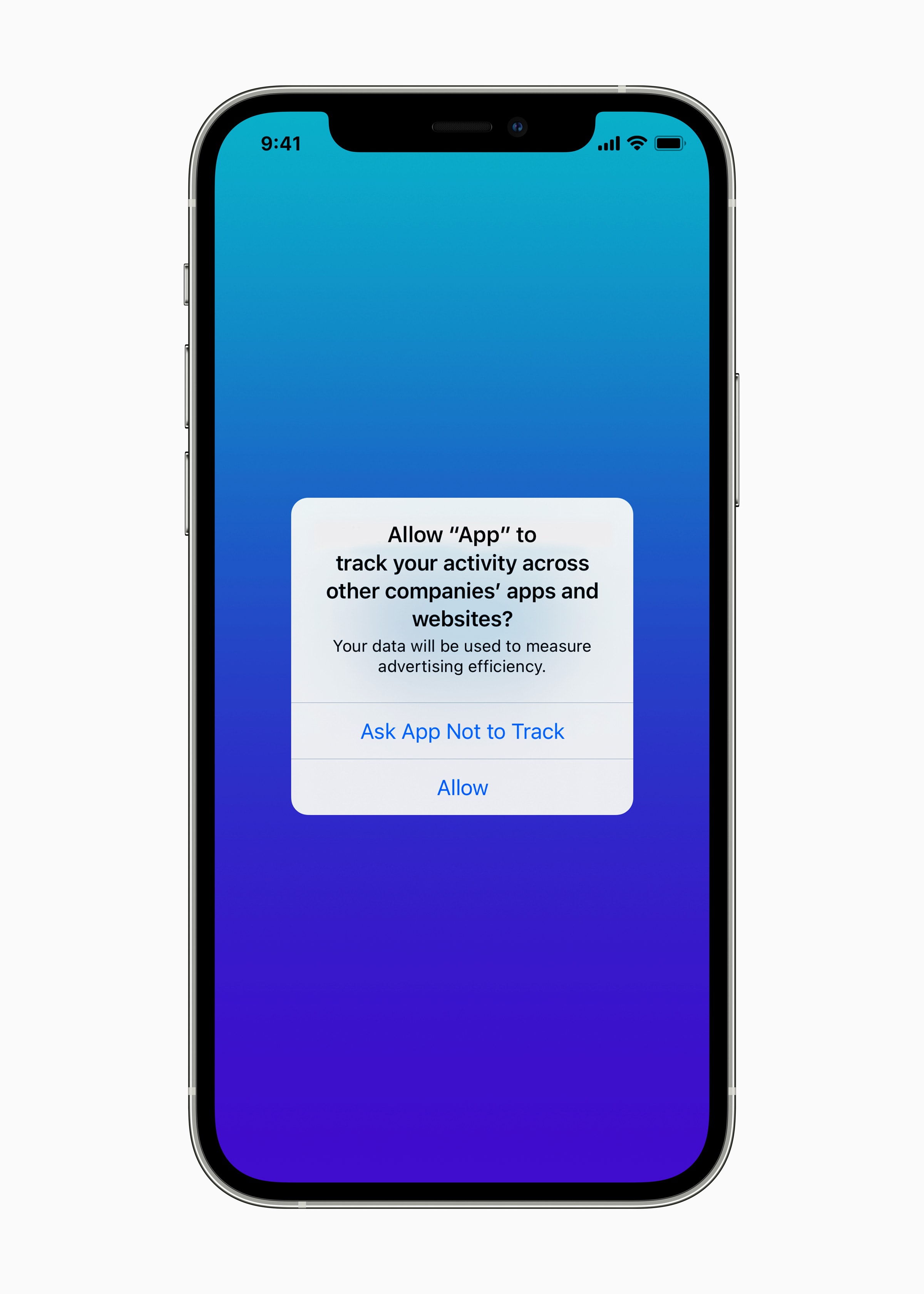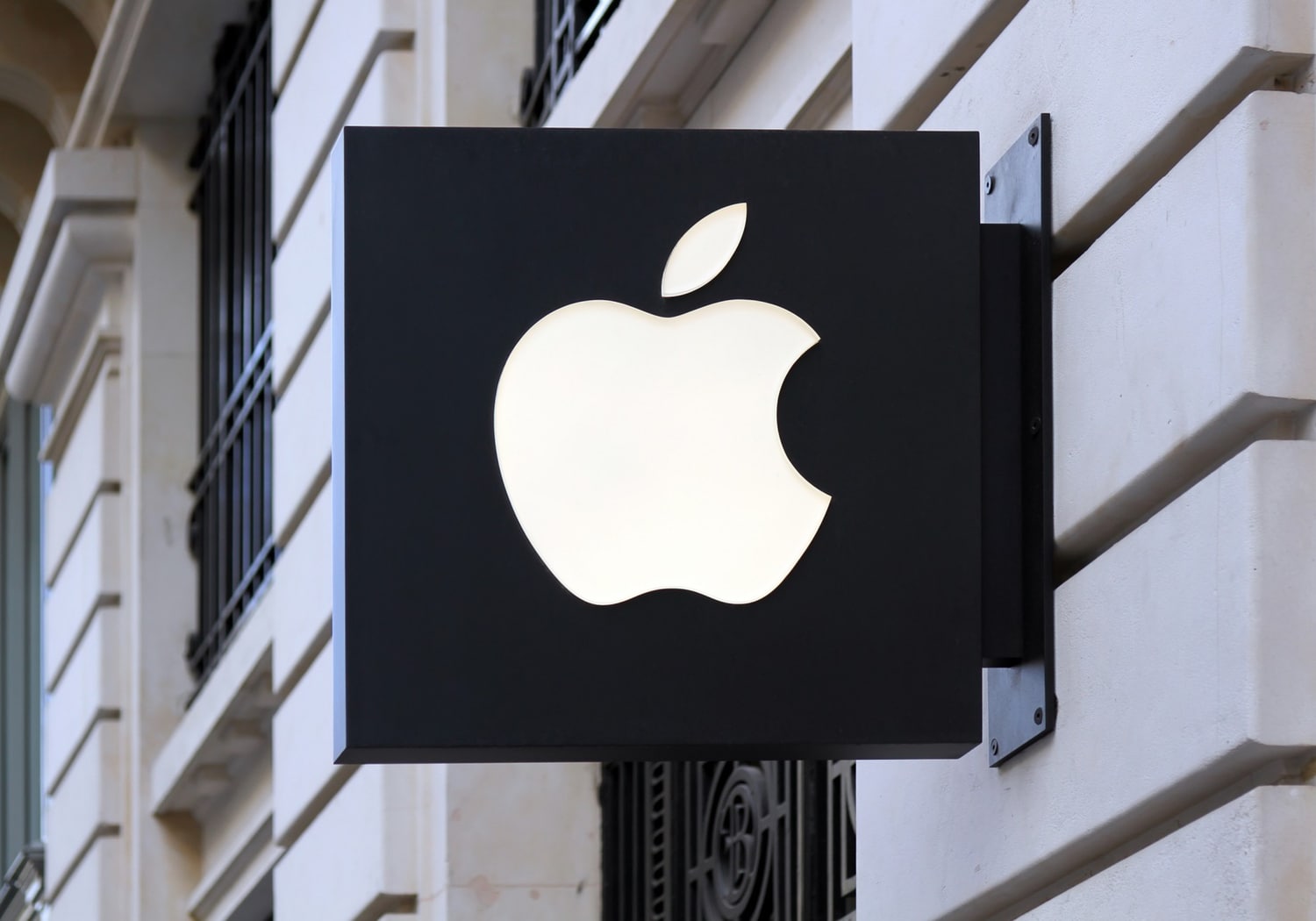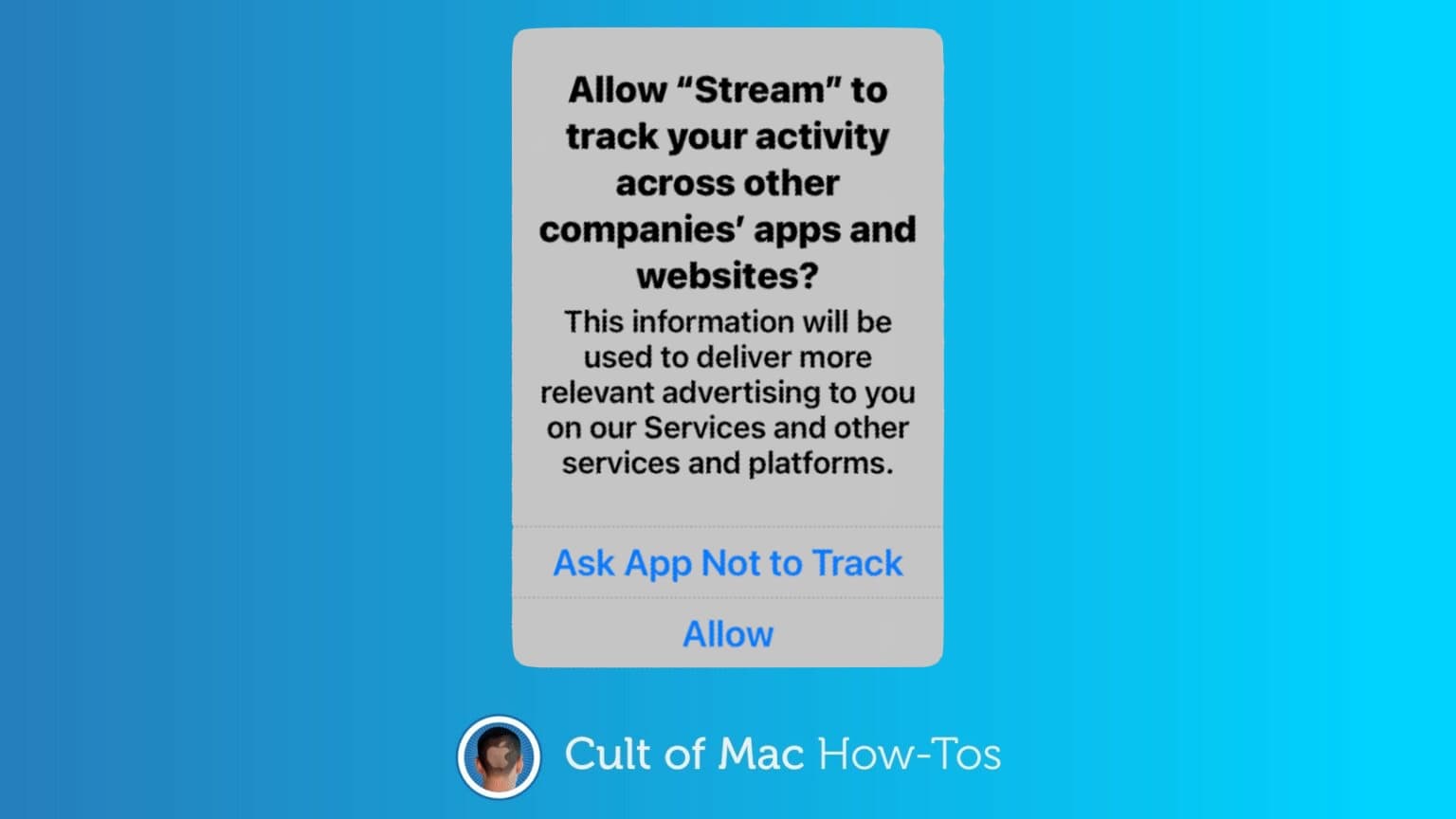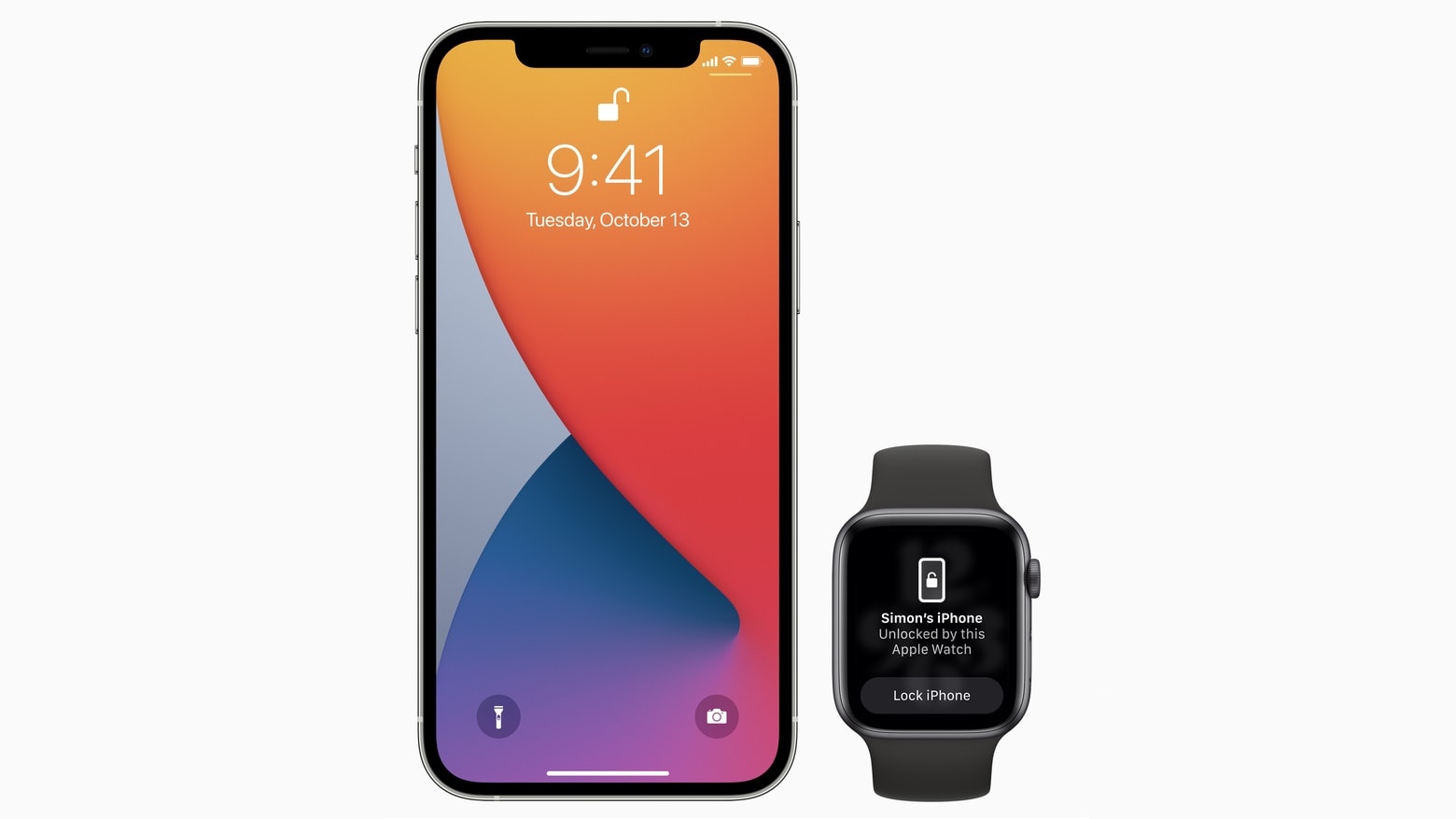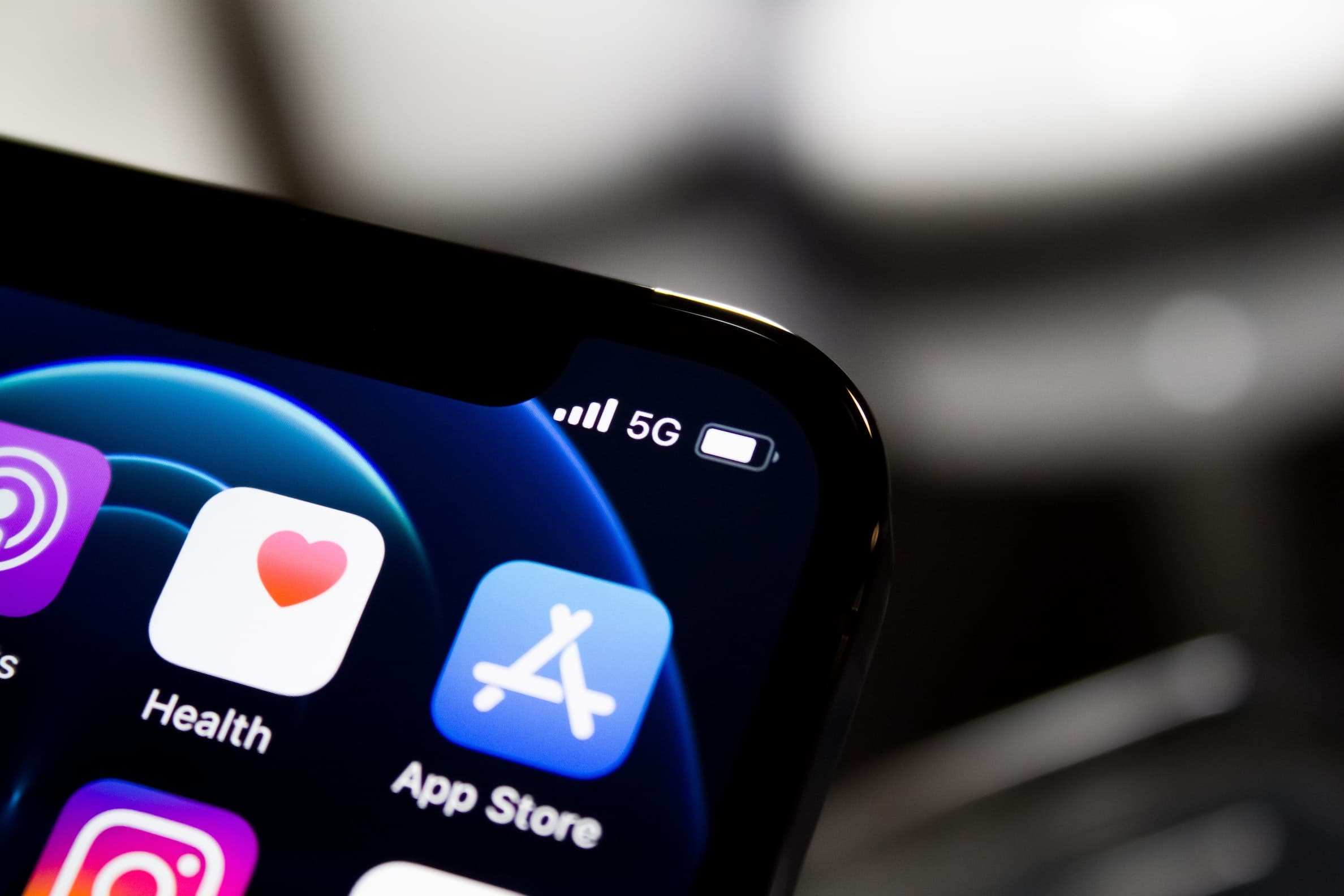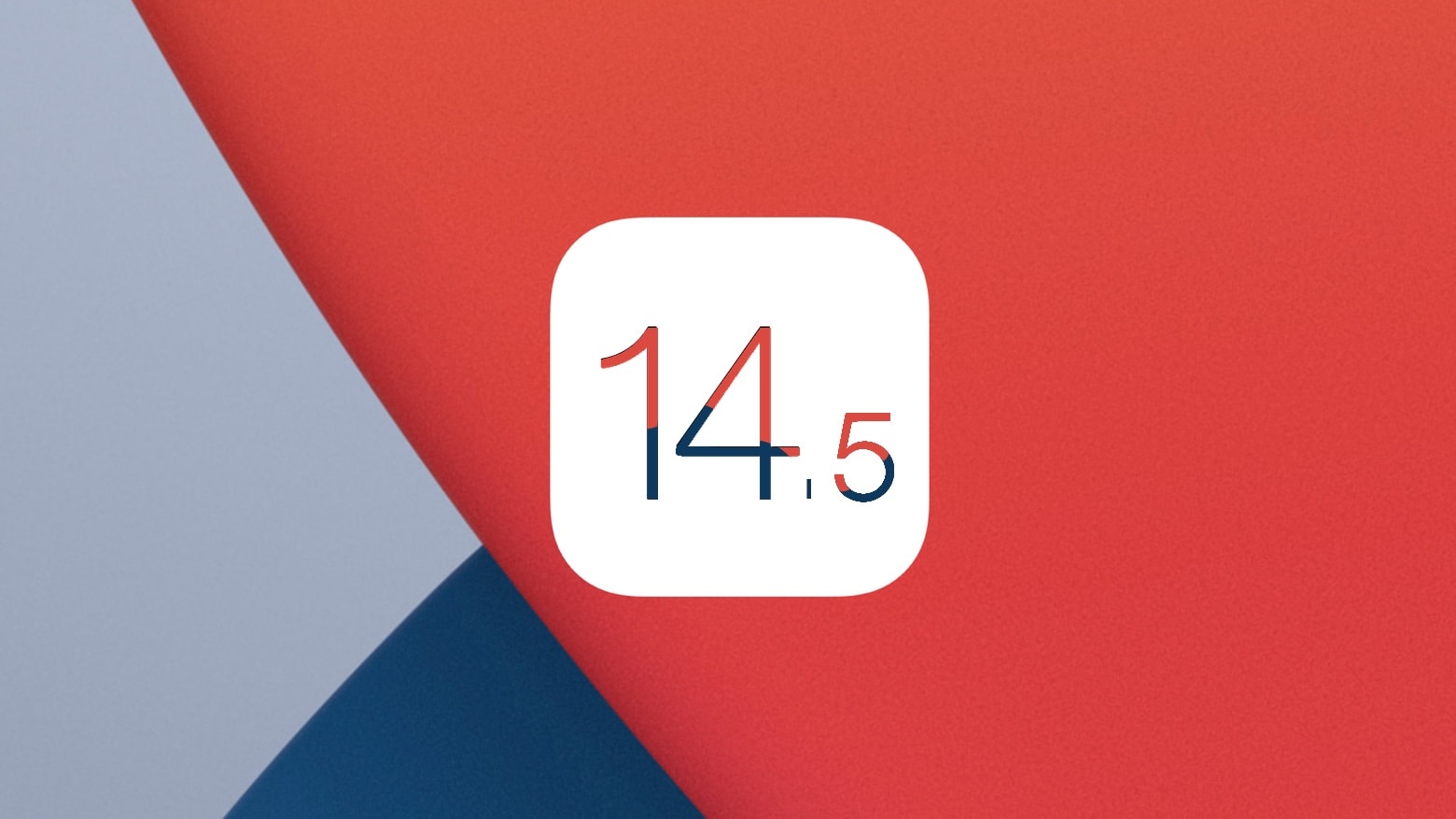With the widespread use of smartphones, laptops and other devices, concerns about privacy in apps become more important every day. Many apps, websites and streaming services demand substantial personal data from users, raising questions about the safety and security of sensitive information.
While almost every app requires some personal information, many lack transparency about their data-collection practices. Some use users’ data to influence algorithms or deliver targeted ads. Others might even sell that data to third parties.
Luckily, Apple — a company that prioritizes user privacy, especially when it comes to iOS — is blazing a trail toward greater transparency. Armed with this knowledge, users can explore external resources to do things like block emails on iPhones and directly utilize Apple’s features to request apps not to track them, limit IP address tracking and disable location services.
This article delves into Apple’s user-friendly features and how other apps and sites incorporate similar practices.




